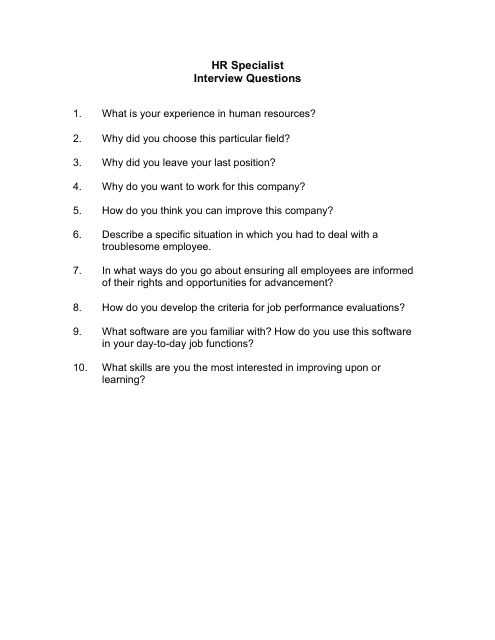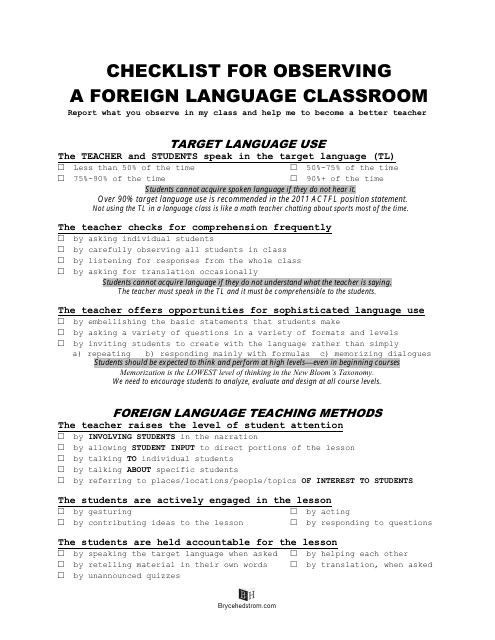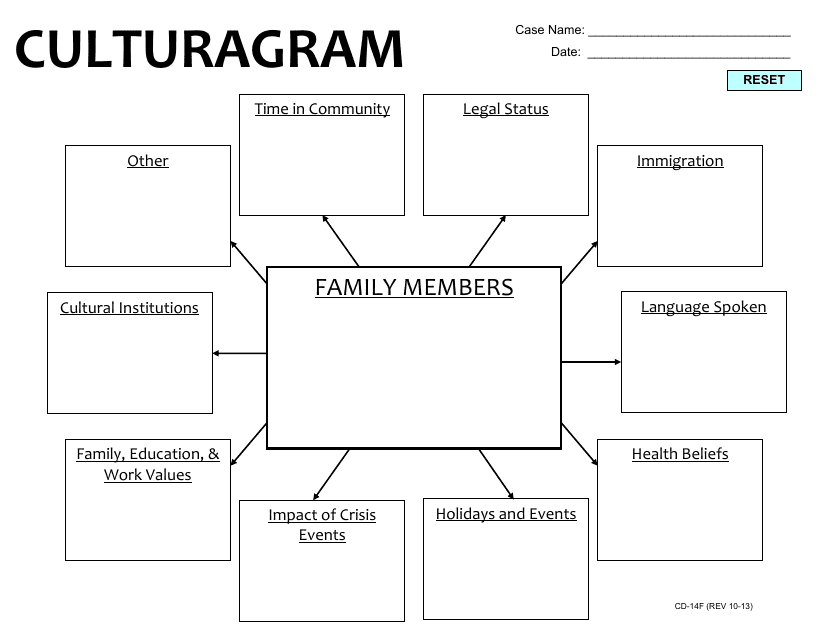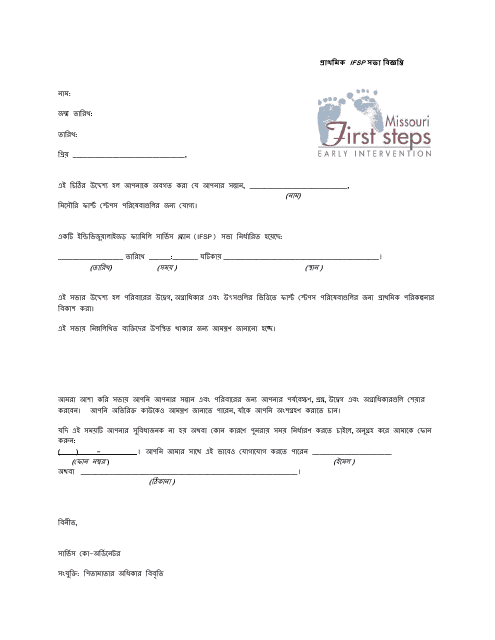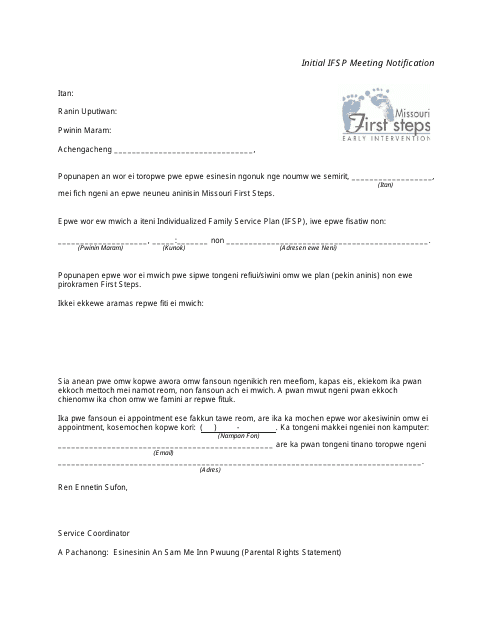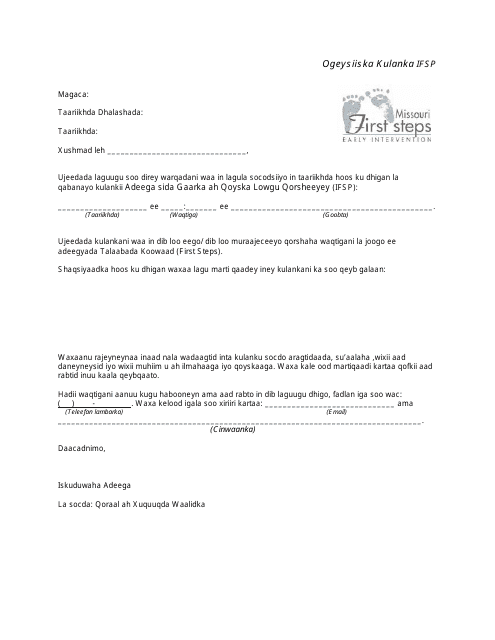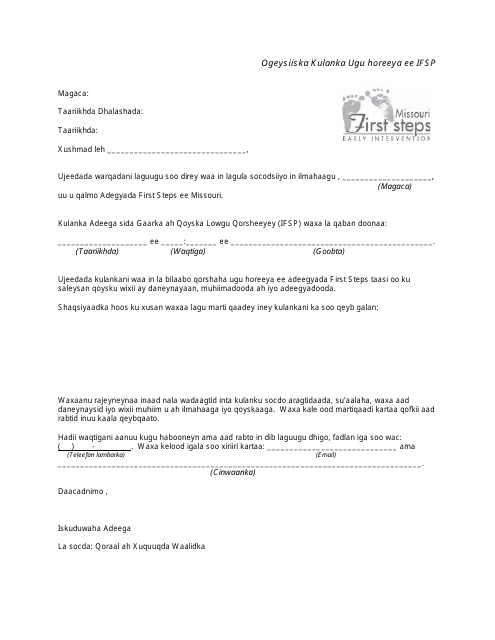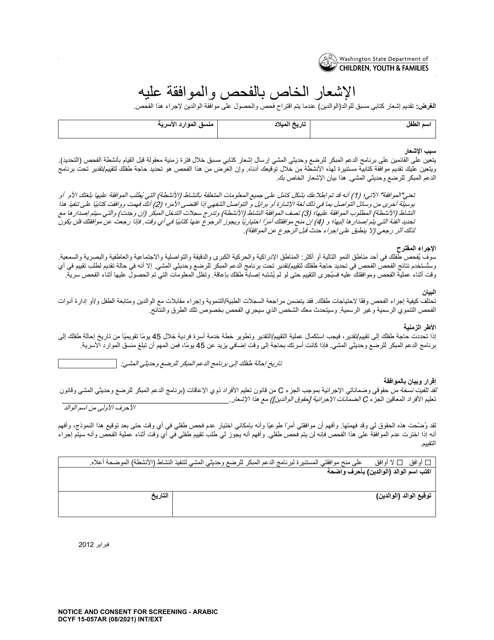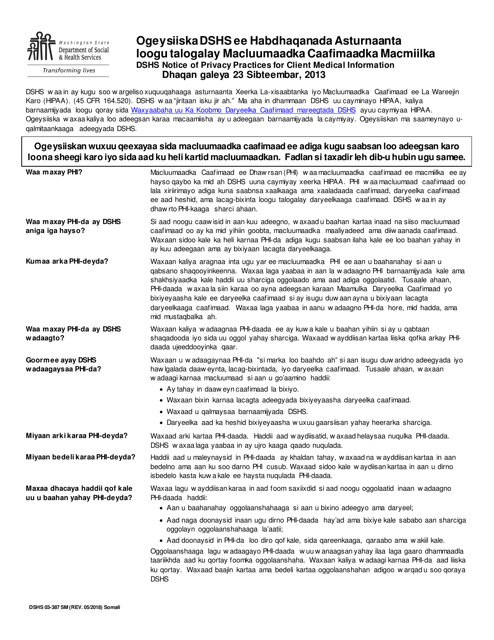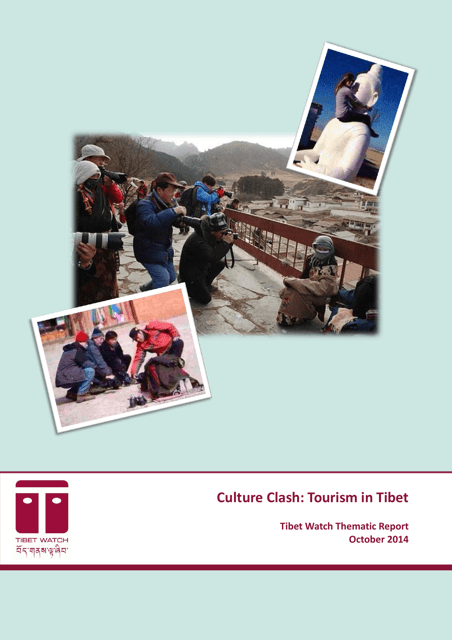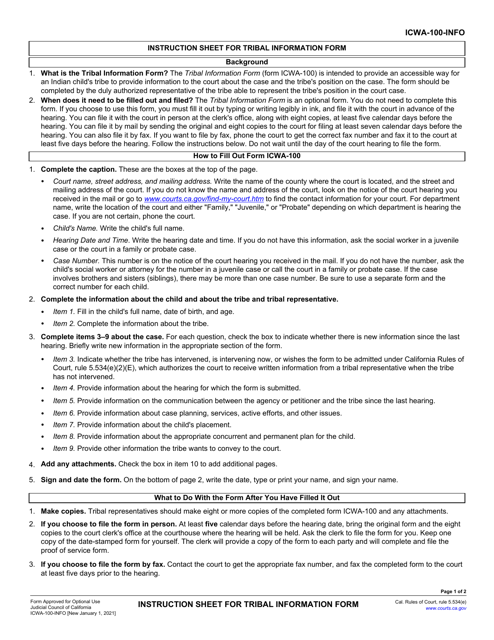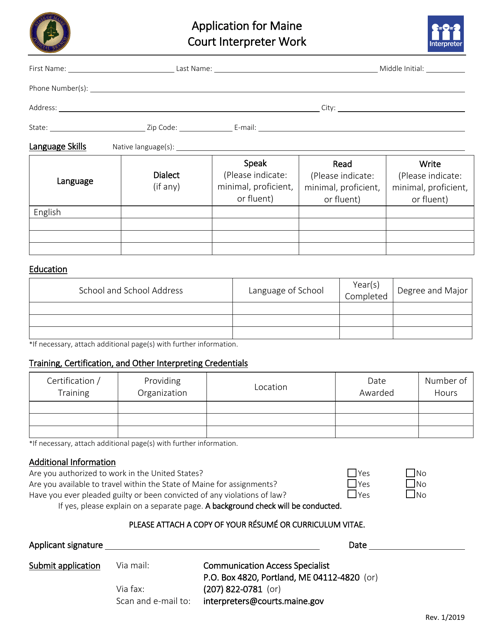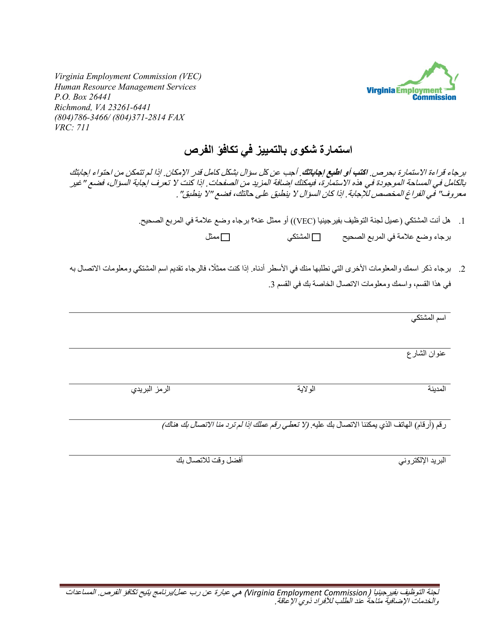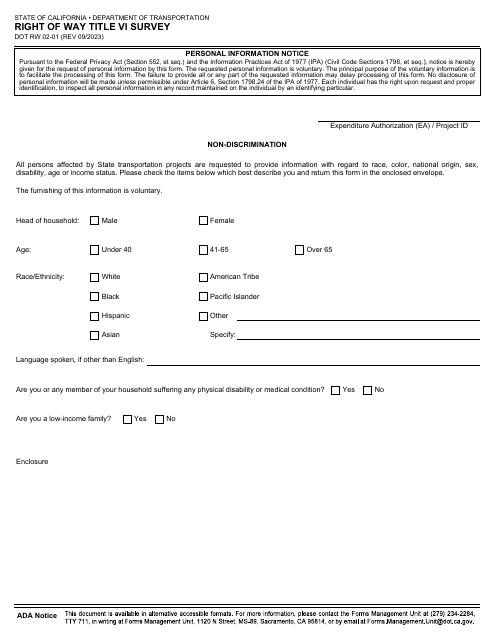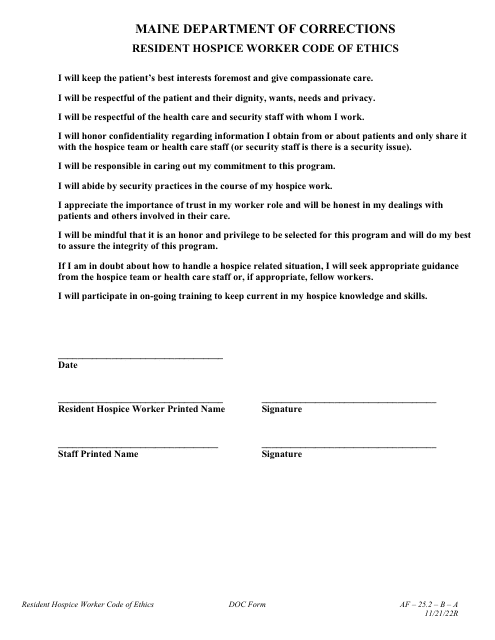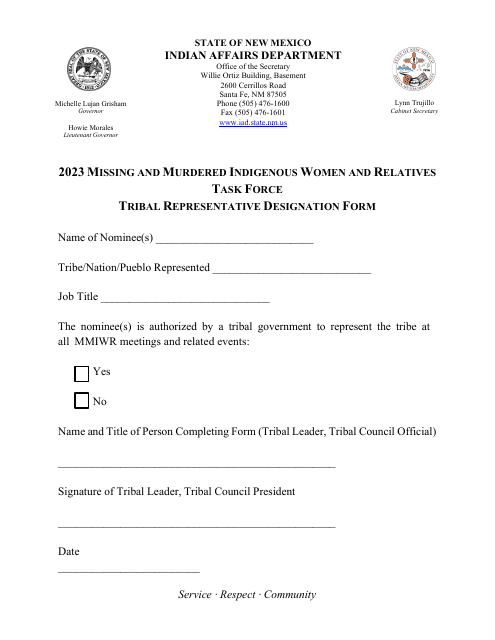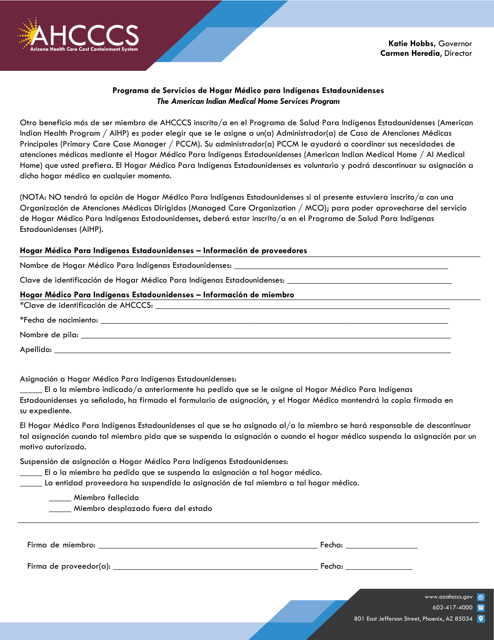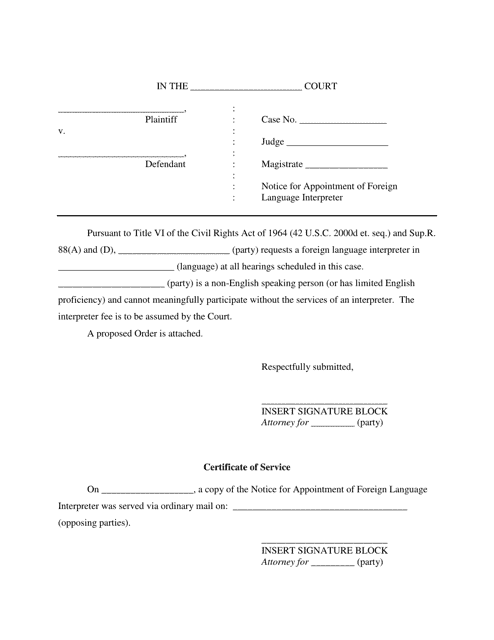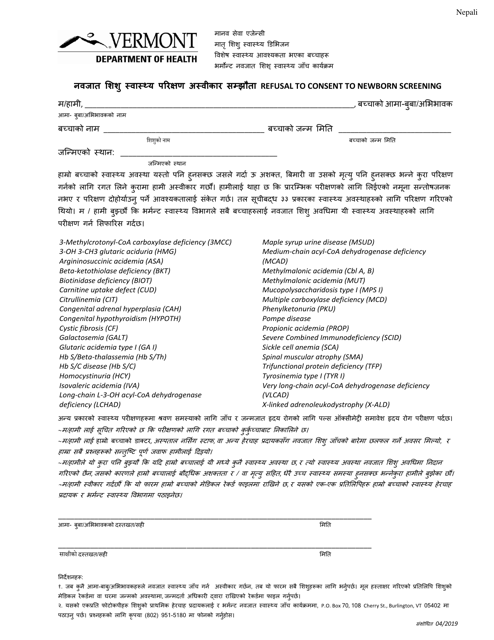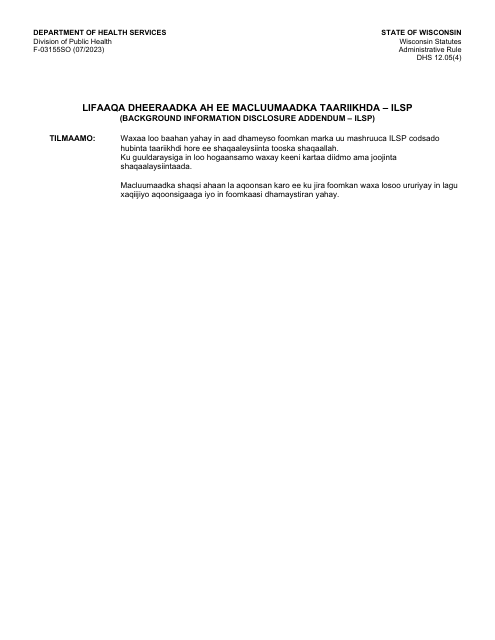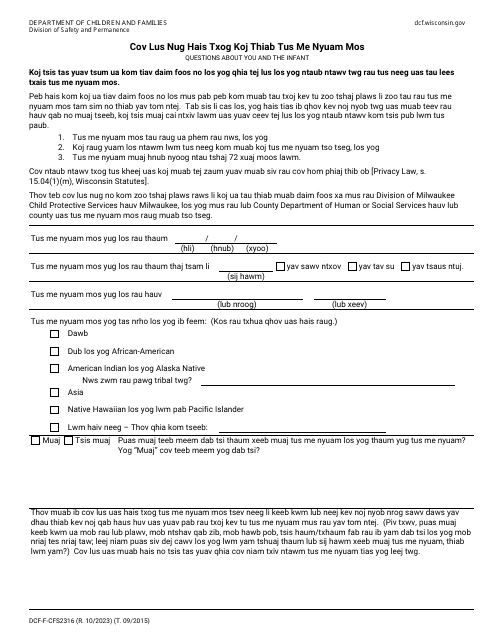Cultural Sensitivity Templates
Cultural Sensitivity
Welcome to our webpage dedicated to promoting cultural sensitivity, a crucial aspect of understanding and respecting diverse cultures. We believe in the power of cultural sensitivity to foster empathy, build relationships, and create inclusive communities.
Our collection of resources on cultural sensitivity offers a wealth of information and guidance on how to navigate cross-cultural interactions respectfully. Whether you are a student, a teacher, a healthcare professional, or anyone interested in deepening your understanding of different cultural backgrounds, you will find valuable insights and tools here.
Explore our diverse range of documents that provide practical tips, insights, and perspectives. Our checklist for observing a foreign language classroom will help educators create inclusive learning environments where students from different cultural backgrounds can thrive. Additionally, our Ifsp Meeting Notification Letters, available in multiple languages such as Bengali and Somali, aim to bridge language and cultural barriers to ensure effective communication between service providers and families.
Delve into our thematic reports that shed light on various issues related to cultural sensitivity, such as "Culture Clash: Tourism in Tibet" by Tibet Watch. This report examines the cultural implications of tourism on Tibetan communities, emphasizing the need for responsible travel practices and awareness.
Whether you are a parent, a business professional, or a global traveler, embracing cultural sensitivity is essential for fostering mutual respect and understanding. By promoting cultural sensitivity, we can break through barriers, celebrate diversity, and create a more harmonious and inclusive world.
Explore our collection today and embark on a journey of cultural understanding and appreciation. Start building bridges and embracing diversity with cultural sensitivity. Together, let's create a world where different cultures are celebrated and valued.
Documents:
21
This document provides a list of sample HR specialist interview questions. It is designed to help employers and hiring managers assess candidates' qualifications, skills, and experience for HR specialist roles.
This document is a checklist that can be used to observe a foreign language classroom. It provides a list of things to look for and evaluate during the observation process.
This form is used for completing a Culturagram in the state of Missouri. A Culturagram is a tool used to assess and understand the cultural background of an individual or family. It helps professionals such as social workers, therapists, and educators to gain insight into a person's cultural identity, beliefs, and values. The CD-14F Culturagram form specifically pertains to Missouri's guidelines and requirements for completing a Culturagram assessment.
This document is a notification letter in Bengali language for the Initial IFSP (Individualized Family Service Plan) meeting in Missouri. It is used to inform eligible families about the meeting and discuss services for their child with special needs.
This document is a notification for the initial Individualized Family Service Plan (IFSP) meeting in Missouri, translated into Chuukese language. It provides important information about the meeting and how it will be conducted.
This letter notifies Somali-speaking individuals in Missouri about an upcoming IFSP (Individualized Family Service Plan) meeting.
This document is a notification letter for an IFSP (Individualized Family Service Plan) meeting in Missouri. It is written in Somali.
This document is for clients in Washington and provides important information about the privacy practices regarding their medical information. It is available in both English and Somali languages.
This document provides a thematic report on the cultural clash between tourism and the local culture in Tibet. It explores the impact of tourism on Tibetan traditions and heritage.
This Form is used for providing tribal information in California as required under the Indian Child Welfare Act (ICWA). It provides instructions on how to fill out the form accurately.
This document is an application for individuals interested in working as a court interpreter in the state of Maine. It is used to apply for interpreter positions in Maine courts.
This Form is used for filing a discrimination complaint related to equal opportunity in the state of Virginia. The form is available in Arabic language.
This document outlines the code of ethics that resident hospice workers in Maine must adhere to. It sets guidelines for their professional conduct and responsibility.
This document is a sign-up form for American Indian individuals who wish to become members of the Medical Home program in Arizona. The form is available in Spanish.
This Form is used to schedule an appointment with a foreign language interpreter in Ohio.
This document is for parents in Vermont who want to refuse consent for newborn screening for their baby. It is available in Nepali language.

